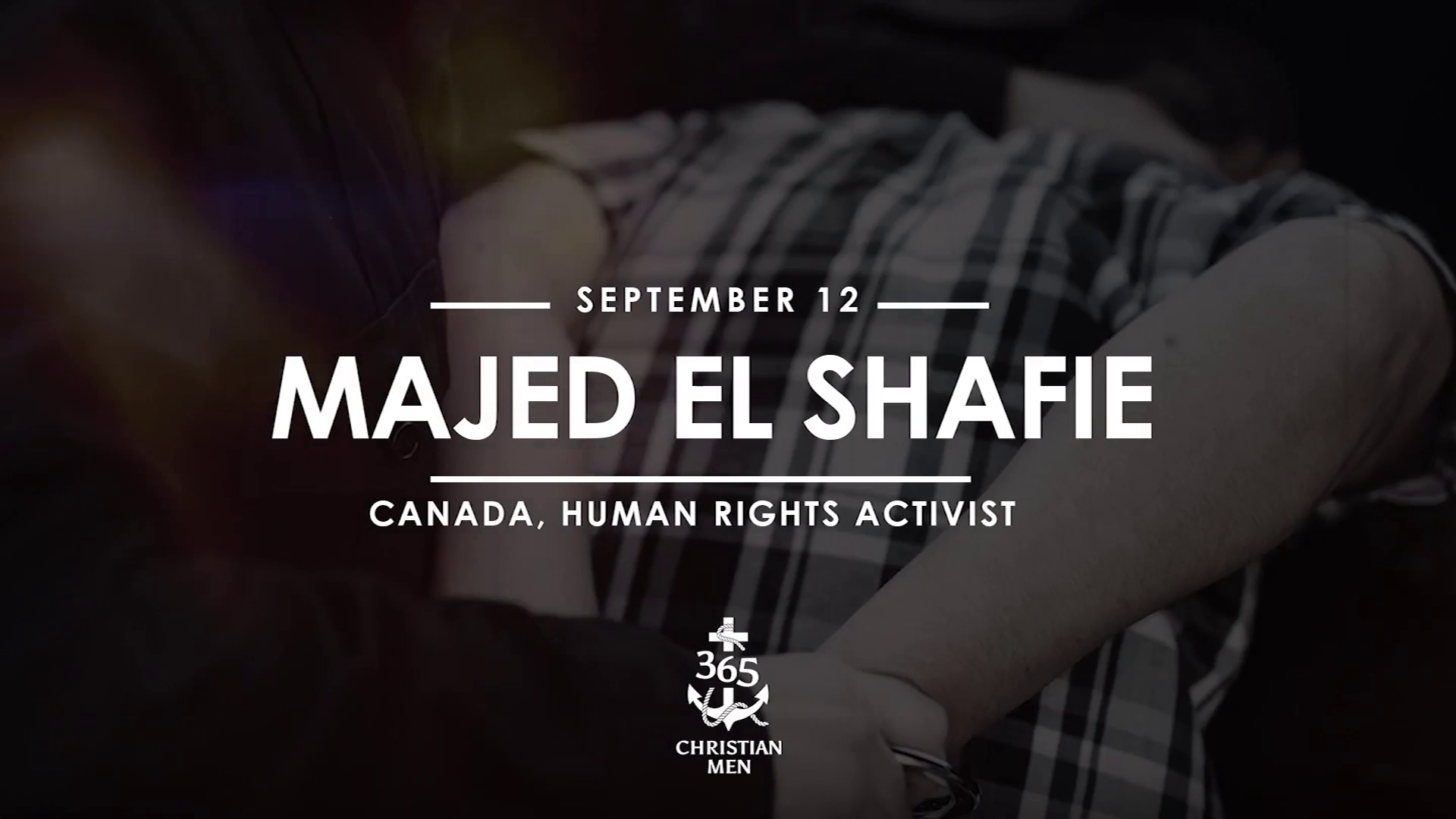September 13. Stubborn Teenager. Today our story is about a man much like you and me. When he was a child, his parents took him to church, but when he became a teenager, he was ready to put away childish things—childish things like church and preaching. This kid was from Charlotte, North Carolina. Here’s his story.
If you’re suffering from a stony heart, God’s got the cure.
Before it was the birthplace of NASCAR racing, before it was the home of the NFL’s Panthers, before it was home for the NBA’s Hornets, Charlotte North Carolina was called the most church-going city in the country. And that was before the arrival of Dr. Mordecai Ham.
On the edge of Charlotte, the Christian Men’s Club built themselves a wood building on a steel frame. It may have been a ramshackle structure with a sawdust floor, but it could seat 5,000 people. And those devout men intended to fill it.
They called a self-educated evangelist—Dr. Mordecai Ham. They called him to preach to anyone who would listen. They called for a revival.
Dignified and strong, white-haired Dr. Ham knew his Bible, and he preached up a holy typhoon—morning and evening, six days a week, for eleven weeks.
This is where our mule-minded teenager entered the picture. “Everything I heard or read about [Dr. Ham] made me feel antagonistic toward the whole affair,” the boy said. “It sounded like a religious circus … I did not want anything to do with an evangelist—particularly with such a colorful character as Dr. Ham.” He told his parents he would not be joining them in the audience.
Even when his folks went and had a sort of spiritual awakening, for a whole month, the kid refused to go—until he heard the rumors.
As the high-school kids told it, that white-haired preacher had proof that a house across the street from the school was a den of immoral activity. It was said that kids were buying grain alcohol and the upstairs had been turned into a brothel. And Mordecai Ham meant to shut them down.
But truth was—a Men’s Group leader’s marketing strategy included leaking the news of the brothel to the preacher and getting signed depositions to back up the preacher’s accusations. Mordecai Ham got dubbed “the fighting preacher.” Who could stay away?
When a bunch of high school students decided to resort to might to defend their collective honor, even our church-hating teen couldn’t stay away. He wanted to see the fighting preacher. Mostly, he wanted to see the fight.
He sat in the far back, confident he was untouchable. And after the meeting, the boy couldn’t remember what the preacher had talked about, but he said, “ … I was spellbound. In some indefinable way, he was getting through to me … ”
“And I will give them one heart, and a new spirit I will put within them. I will remove the heart of stone from their flesh and give them a heart of flesh” (Ezekiel 11:19 ESV).
All the loud talk about sin and hell, and all the feelings that went with that bore down on the teen. Even way in the back row, he became convinced Dr. Ham was preaching right at him.
“Why would the evangelist always be pointing his bony finger at me?” the boy said. “I became deeply convicted about my sinfulness and rebellion. And confused.” After all he had been brought up in the church and doing good deeds.
That’s why he joined the choir—so he could stand on the stage behind the preacher and avoid the old man’s accusatory gaze.
Still, the Holy Spirit found the boy, and for the first time, he realized he didn’t know Jesus for himself. Hand-me-down religion was no longer enough.
So, when the preacher invited sinners to come to the front and find relief, the boy walked down the aisle. He didn’t feel anything and almost went back to his seat, but a tailor he knew came up to him and told him the gospel.
The boy said, “For the first time in my life I got down on my knees without being told to do so. I really wanted to talk to God. ‘Lord, I don’t know what happened to me tonight,’ I prayed. ‘You know. And I thank You for the privilege I’ve had tonight.’”
About the next night, the teen said, “All my father’s mules and horses could not have kept me from getting to that meeting.” He showed up every night for weeks.
And when the revival was over and Charlotte flowed back to normal, it wasn’t too long before the boy realized God had called him to preach. And he did.
Maybe you’ve heard of him. His name was Billy Graham.
Billy went on to preach about God’s love to nearly 215 million people around the world. He met with every sitting US president from Harry Truman to Barack Obama. In 2000, he received the Ronald Reagan Presidential Foundation Freedom Award for his enduring contributions to the cause of freedom.
Is there something keeping you from turning your life over to God? If you’re suffering from a hard heart, God’s got the cure.
Bailey, Laura. “The Night Billy Graham Was Born Again.” November 6, 2017. https://billygraham.org/story/the-night-billy-graham-was-born-again/
Graham, Billy. Just As I Am: The Autobiography of Billy Graham. New York: Harper Collins, 2018.
Hammond, Sarah Ruth. God’s Businessmen: Entrepreneurial Evangelicals in Depression and War. Chicago: University of Chicago Press, 2017. pp. 72–74.
Would You Like to Learn More About This Man?
In May of 1934, Christian businessmen in Charlotte, North Carolina, held an all-day prayer meeting on his father’s pasture. Billy Graham’s father, William Franklin Graham, Sr., recalled one of the men’s prayer that day: “That out of Charlotte the Lord would raise up someone to preach the Gospel to the ends of the earth.”
The Christian Men’s Club who invited Dr Ham to Charlotte, had been established by the fast-moving preacher Billy Sunday ten years before this story.
Story read by: Chuck Stecker
Introduction read by: Daniel Carpenter
Audio production: Joel Carpenter
Story written by: Teresa Crumpton, https://authorspark.org/
Editor: Teresa Crumpton, https://authorspark.org/
Project manager: Blake Mattocks
© 2020, 365 Christian Men. LLC. All rights reserved.














